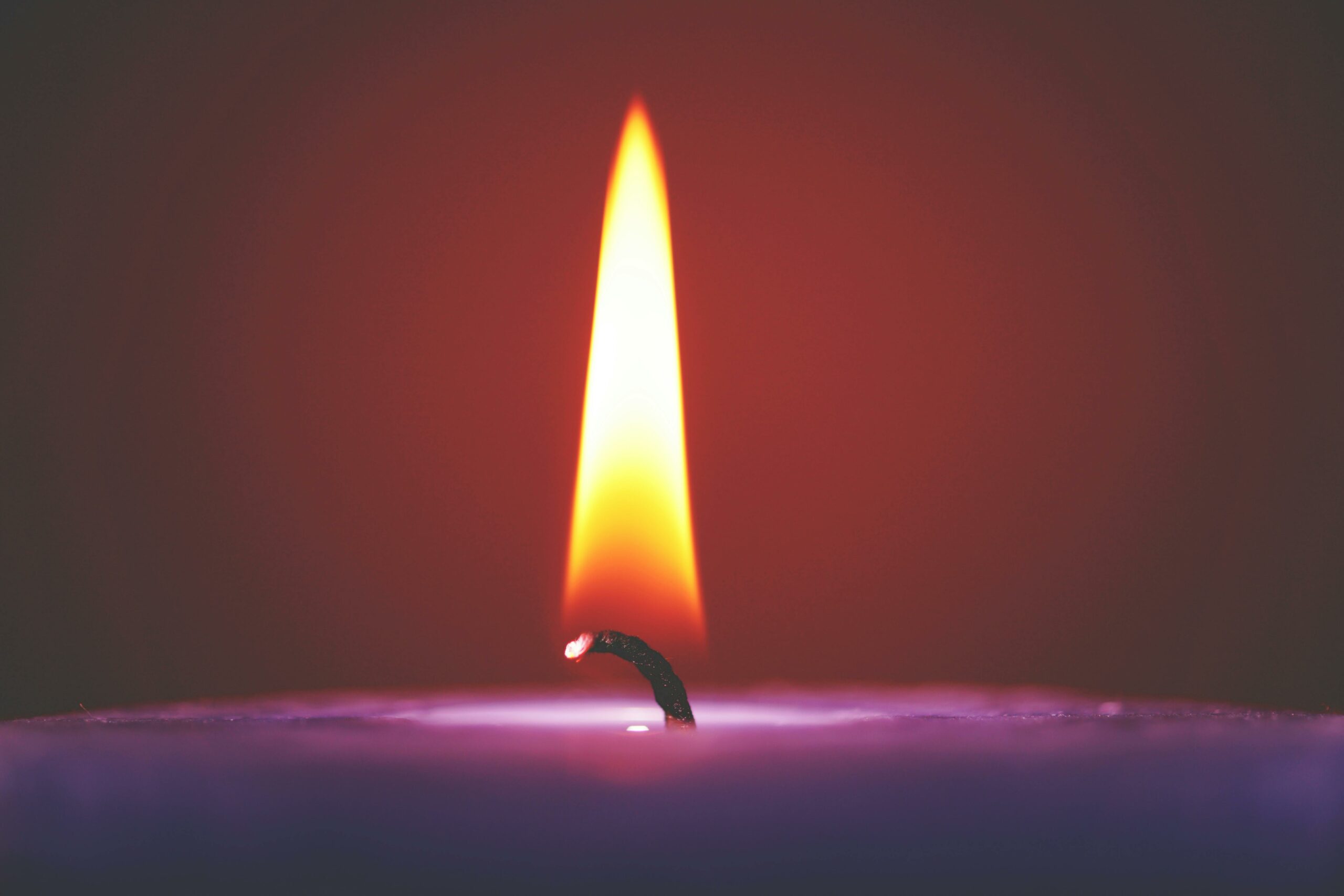Is Your Home Toxic?
Category: Healthy Home

Who is Rachel Carson? According to Wikopedia, Rachel Louise Carson was an American marine biologist and conservationist whose book Silent Spring and other writings are credited with advancing the global environmental movement. She was born May 27, 1907 in Springdale, PA ~ her education included John Hopkins University (1929-1932) and Chatham University.
According to Earth Day Network, when mainstream America remained oblivious to environmental concerns, the stage had been set for change by the publication of Rachel Carson’s New York Times bestseller Silent Spring in 1962. The book represented a watershed moment for the modern environmental movement, selling more than 500,000 copies in 24 countries and, up until that moment, more than any other person, Ms. Carson raised public awareness and concern for living organisms, the environment and public health.
In The Life and Legacy of Rachel Carson it states that Carson was attacked by the chemical industry and some in government as an alarmist, but courageously spoke out to remind us that we are a vulnerable part of the natural world subject to the same damage as the rest of the ecosystem. Testifying before Congress in 1963, Carson called for new policies to protect human health and the environment. Rachel Carson died in 1964 after a long battle against breast cancer. Her witness for the beauty and integrity of life continues to inspire new generations to protect the living world and all its creatures.
I am always reminded as each Earth Day rolls around about the courage and wisdom this woman had. Her example is a model for us all. In my own way I have taken on my own mission of letting everyone I know to remove the toxins from their home in the form of household cleaners, dishwasher cleaners as well as what we wash our clothes with simply by changing brands to non-toxic, safe products.
Rebecca Sutton, PhD, senior scientist for the Environmental Working Group (EWG) suggests that chronic exposure to household toxins may be responsible for increasing rates of certain cancers, asthma, and premature puberty. Studies show that home contaminants, found in everything from cleaners to cookware to couches, can also cause headaches, birth defects, and developmental issues. Claudia S. Miller, MD, professor of occupational and environmental medicine at the University of Texas School of Medicine in San Antonio, states “The symptoms of chemical intolerances can be similar to classic allergies ~ congestion, headaches, itchy eyes ~ but it is also common to have depression, gastriointesional problems, cognitive impairment, and memory trouble.” (Natural Solutions, April 2010)
We all want healthy homes ~ taking small steps each day, such as removing chemicals from our home environment, will not only reduce you and your family’s exposure to chemicals, but help Mother Earth as well. As I mentioned last week, “Every Day is Earth Day”. What about you? What are your small steps?



Facebook Comments